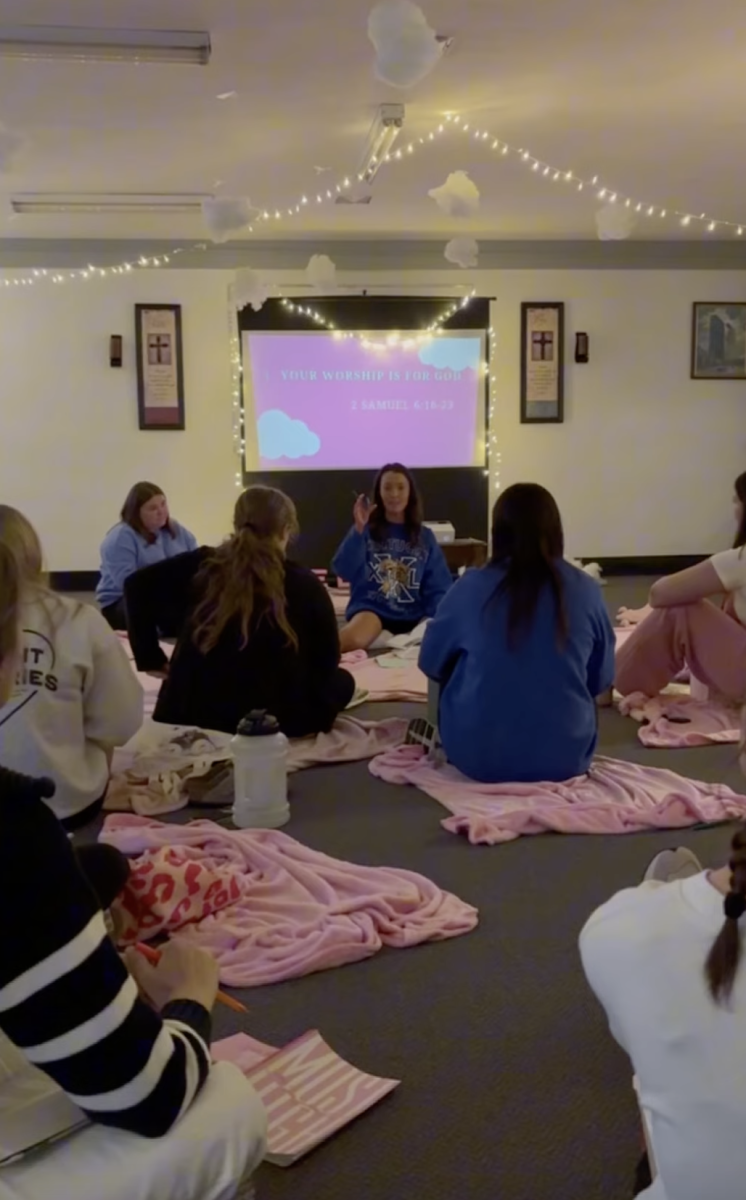The election is less than 24 hours away, and both President Barack Obama and Republican nominee Mitt Romney have been campaigning hard for the minority vote.
For Obama, tapping into the minorities may mean a second term, and for Romney, pulling minority voters who lean towards the democratic campaign could make all the difference in this neck-and-neck election.
Among all the targeted voters, a couple of issues may be overlooked. Between debates about the economy, military budget or joblessness, are issues that are hardly on the top of the minds of voters: abortion and birth control.
Two issues that affect the majority of the United State population, but are getting far less attention.
The Affordable Care Act, more affectionately known as “Obamacare,” and the possible reversal of Roe v. Wade, the landmark Supreme Court decision from 1973 which decided the laws on abortion, are both on the table, and issues which are staring women voters in the face.
Collectively, the voice of women could make or break the goal of presidency for either Obama or Romney.
Kristina Robinson is a 22-year-old nursing student at the University of Kentucky. She is voting for Mitt Romney because of personal reasons. She likes the president’s health care reform and its guaranteed coverage of contraception – but not the side effects it will put on her medical profession.
“The impact Obama’s health care plan will have on me doesn’t look good. I don’t like it.”
A survey conducted earlier this year of 5,100 doctors across the nation shows the opinion of the president’s health care plan among healthcare professionals as strongly negative. According to the Doctors Company survey, 60 percent of them believe Obamacare will have a negative impact on overall patient care.
Not only do doctors believe Obamacare will not improve the health care system, but they anticipate it will worsen the current condition. According to the survey, nine out of ten physicians would be unwilling to recommend health care as a profession to a family member.
Furthermore, Obamacare is doing more to encourage those already in the medical field to leave it. The survey states that “health care reform is motivating doctors to change their retirement timeline,” and that 43 percent of respondents to the survey say they are considering retirement within the next five years because of the law.
So how does this reflect to the women’s voice? For Robinson and her future as a nurse, the choice is easy, “I would vote for Romney because of this.”
And it’s not just the lowly nursing student who feels the same way. Medical professional and veteran of Washington policymaking, Robert Moffit says, “Physicians will be subject to more government regulation and oversight, and will be increasingly dependent on unreliable government reimbursement and medical services.” He argues the doctors, already under intense pressure, will see their jobs become even more difficult.
Obama has maintained a strong lead among women voters throughout the 2012 campaign, especially engaging those concerned about those all-important social and health issues. But Romney closed the gap, taking a different route to draw the women’s vote, attempting to win the ladies over on the economy.
Allison Jones is majoring in engineering at Kentucky, and she is looking in another direction, “I think the plan Obama has for the economy is better and more developed.”
When asked about the impact the Affordable Care Act would have on her, Jones was unsure, “It is a concern, because I know there are questions about where the money will come from. But I think everyone deserves to have health care.”
In 2008, Obama won the men’s vote over John McCain by a single point, but dominated the women’s vote by 13 points.
Whatever the issue, the opinion on the candidates among women remain mixed. But the outcome seems clear; the winner of the women’s vote will likely determine the winner of the election.
Categories:
Women voters: overlooked issues, big voice
November 6, 2012
0
Donate to Big Blue Student Media
Your donation will support the student journalists of University of Kentucky School of Journalism and Media. Your contribution will allow us to purchase equipment and cover our annual website hosting costs.
More to Discover
























